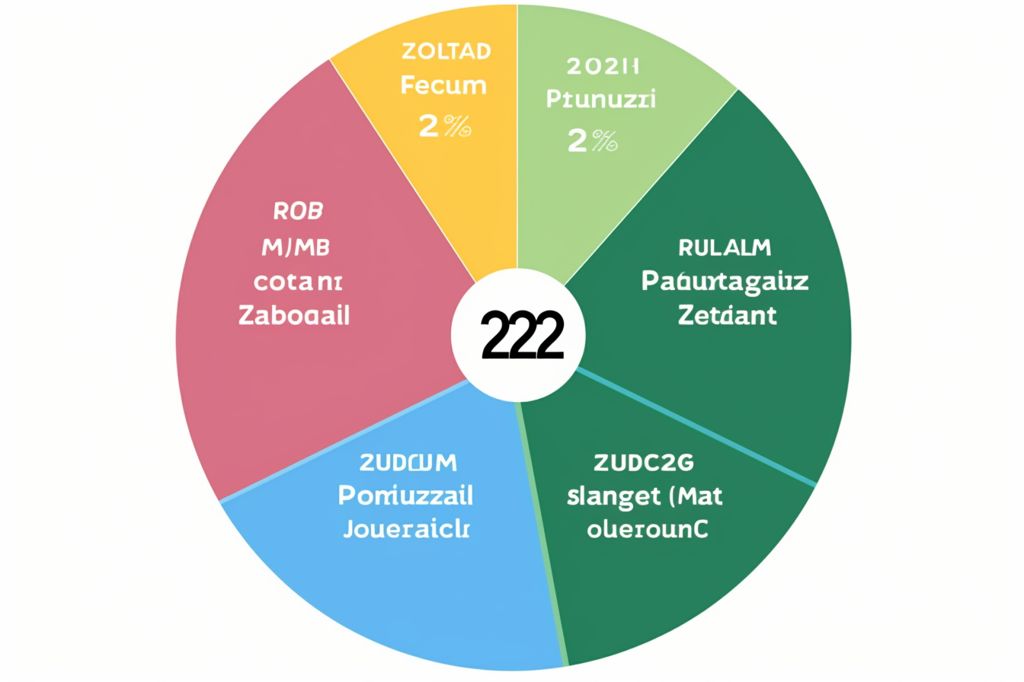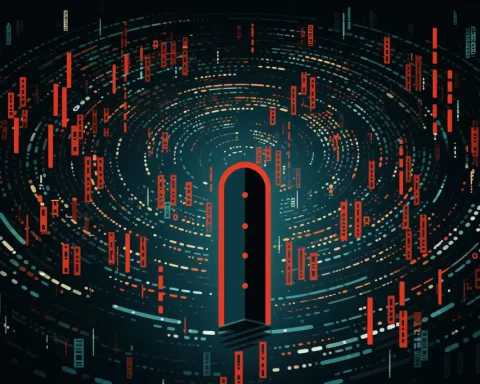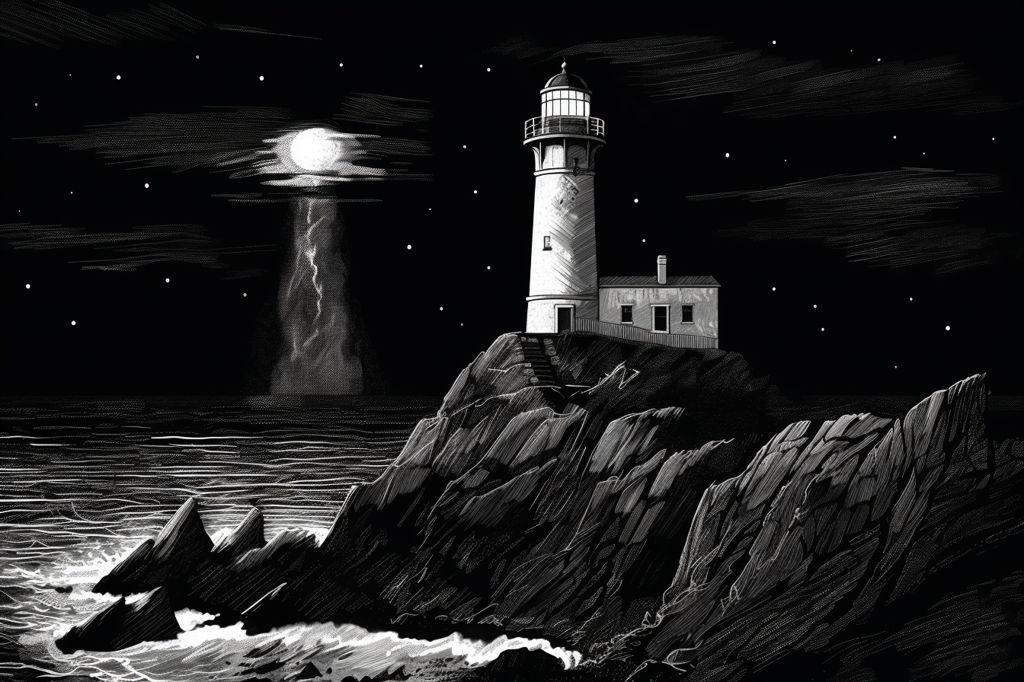The Independent Electoral Commission (IEC) has released the fourth quarter Political Party Funding Disclosure Report for the financial year 2022/23, marking the eighth publication since the implementation of the Political Party Funding Act on 1 April 2021. This report covers the period from 1 January to 31 March 2023 and follows the first-ever Political Party Funding Annual Report released in May 2023, which highlighted the financial year that ended on 31 March 2022.
Donations Declared by Political Parties
The disclosure report reveals that in the fourth quarter of the 2022/23 financial year, three political parties declared donations totaling R5,985,983.83. Among them, the unrepresented party ActionSA made the most substantial declaration of R3,730,000, while the African National Congress (ANC) and the Democratic Alliance (DA) reported R1,996,880 and R259,103.83, respectively.
Donors and Contributions
ActionSA’s donations came from three individual donors, including a significant contribution of R3,500,000 from Martin Moshal. The ANC’s donations were received from the Ichikowitz Family Foundation and the Education and Training Unit for Democracy and Development. The DA’s donations included an in-kind contribution from the Friedrich Naumann Foundation (FNF) and a monetary donation from Polyoak Packaging (Pty) Ltd. The FNF’s donation to the DA was the only foreign contribution during this quarter, totaling R2,926,144.86.
Late Declaration and Non-Compliance
The ANC submitted a late declaration valued at R496,880, prompting the IEC to request written reasons for the delay in compliance with section 15 of the Act. Unfortunately, no contributions were made to the Multi-Party Democracy Fund (MPDF) during this quarter. The IEC is currently withholding quarterly disbursements to the African Independence Congress, National Freedom Party, and Congress of the People due to non-compliance with certain provisions of the Act. The total withheld amount stands at R15,223,075 due to the parties’ failure to submit financial statements as mandated by law.
Cumulative Donations
The final quarterly disclosure report for the financial year 2022/23 allows us to calculate the cumulative donations reported by political parties. The unaudited amount of direct donations to political parties is approximately R134 million, a slightly lower figure than the audited R145 million from the financial year 2021/22.
The IEC continues to emphasize the importance of supporting multi-party democracy through funding political parties, especially with the 2024 elections on the horizon. The disclosure of political party funding enables transparency and accountability, ensuring fair and free elections in South Africa.












